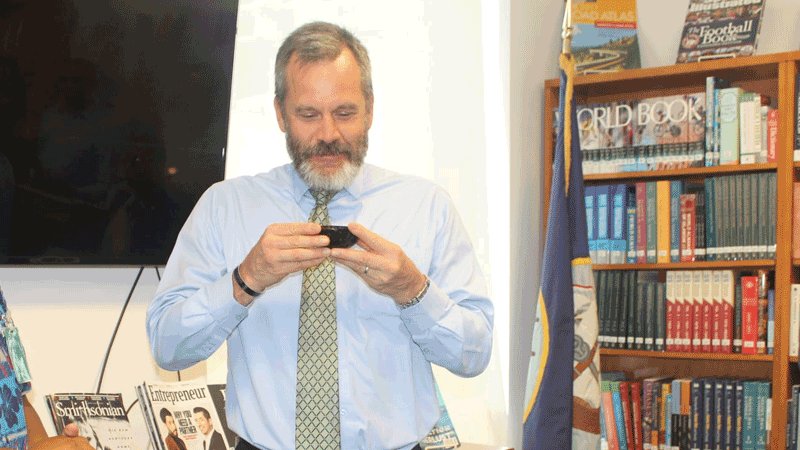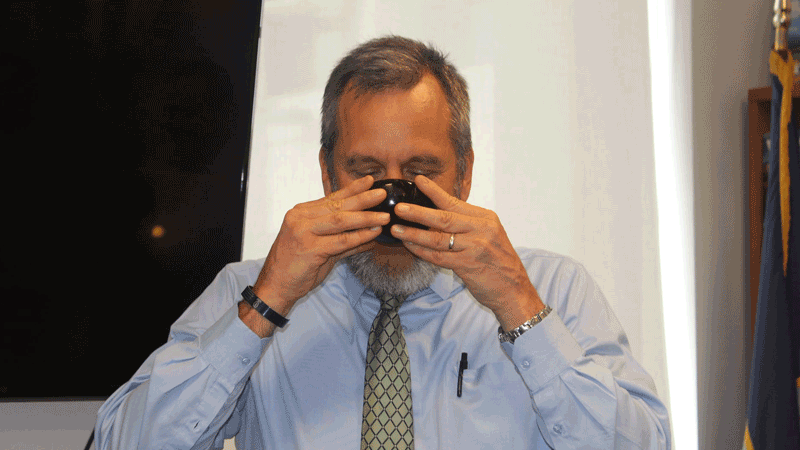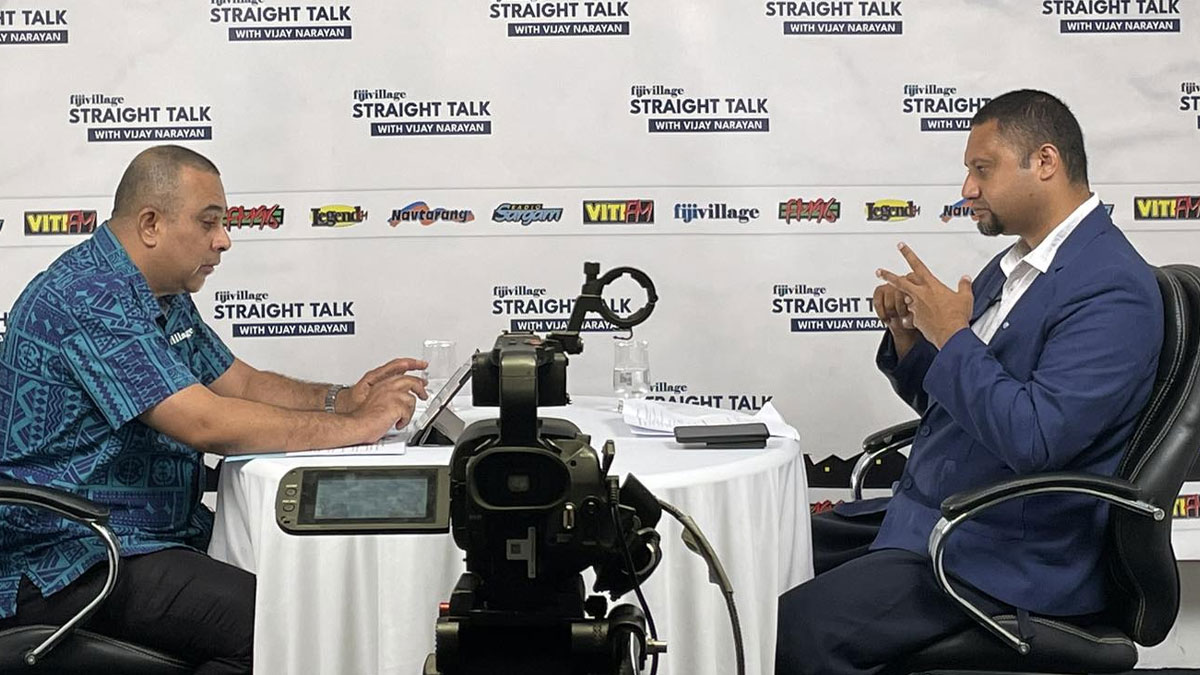
United States Ambassador to Fiji, Joseph Cella today held discussions with key figures in Fiji’s kava industry, including growers, processors, and government officials, to discuss ways to advance trade with the US.
The Fiji Forward Kava Workshop focused on what the US consumers want when it comes to kava and how US technology can help Fijian companies meet that demand.
Cella says Americans of all backgrounds have a growing thirst for kava. He says Americans consume kava the traditional Fijian way with bilo and tanoa and in modern cocktails and extracts.
The US Ambassador says today they discussed ways that Fijian kava producers can meet the demands of the US market in sustainable and culturally respectful ways.

US-based speakers on the panel included Dr. Karim Maredia, an agronomist from Michigan State University, who discussed how the school’s World Technology Access Program could assist Fijian kava growers.
US online kava dealer Laurent Olivier of kavadepot.com discussed what American kava consumers want.
Tyler Blythe, CEO of the California-based Kavalytics, discussed technology that scientifically evaluates and grades kava.
In addition, John Sanday of Kava Corp. discussed how he found US buyers and how US-made manufacturing equipment help bring his business to a new level.
The United States is Fiji’s largest export market for kava.
Fiji earned about $32 million from kava exports last year with the US accounting for two-thirds of all exports.
There are an estimated 180 kava bars throughout the US.
Meanwhile Fijians spent over $300 million on kava consumption locally in 2017.
The total amount of kava consumed locally for 2018 and 2019 are not available at this stage.
The Fijian government is targeting to assist about 10,000 kava farmers by the end of 2022 in recognition of the significant foreign exchange earnings it rakes in for the economy.
Stay tuned for the latest news on our radio stations


